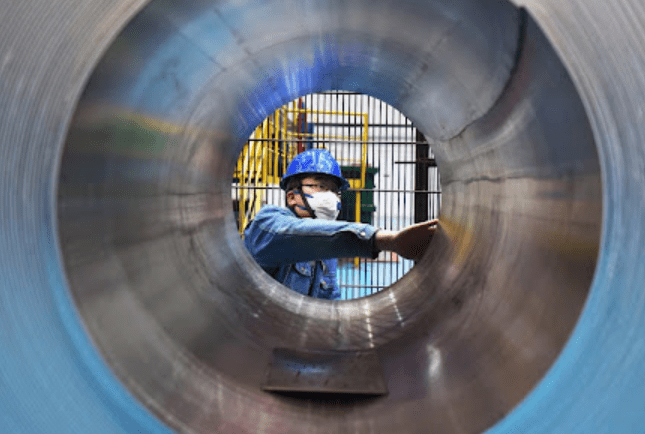The Organization for Economic Co-operation and Development (OECD) released a report in which it estimates Russia‘s production of aluminum, nickel and palladium.
For starters, this Asian nation accounts for 5.5% of world aluminum production and a similar share of world aluminum exports, making it the world’s third largest producer after the People’s Republic of China and India.
Aluminum production
This relatively small figure masks the heterogeneity of some countries’ dependence. In particular, Turkey obtains 35% of its aluminum imports from Russia, and Japan, Poland and China import more than 10% of their aluminum from Russia.
Also, Russian aluminum is relatively less CO2 intensive than alternatives from China, India and the Gulf countries, as the country’s smelters are largely powered by hydropower.
On the other hand, Russia has 11% of the world’s nickel production and 15% of the world’s nickel exports.
The country is one of Finland‘s main nickel suppliers, with an import share of 84 percent.
Russia also exports nickel to the Netherlands, Ukraine and China, with import shares of 34, 23 and 13 percent respectively.
Finally, the main palladium exporters are Russia, South Africa, the United Kingdom, the United States, Germany, Italy and Belgium.
Russia accounts for 43% of world palladium production and 21% of world exports.
Many countries rely on Russia for a substantial portion of their palladium imports, including Japan (43%), the United States (37%), the United Kingdom (30.5%), China (28.5%), Italy (26%), Germany (21%) and Korea (20 percent).
Overall, according to the OECD, the disruptions caused by Russia’s invasion of Ukraine, the ensuing economic sanctions on Russia and its potential retaliation have severely affected global markets.
Prices for oil, gas and certain agricultural commodities have risen, intensifying inflationary pressures and threatening food security in some developing economies.
![]()

